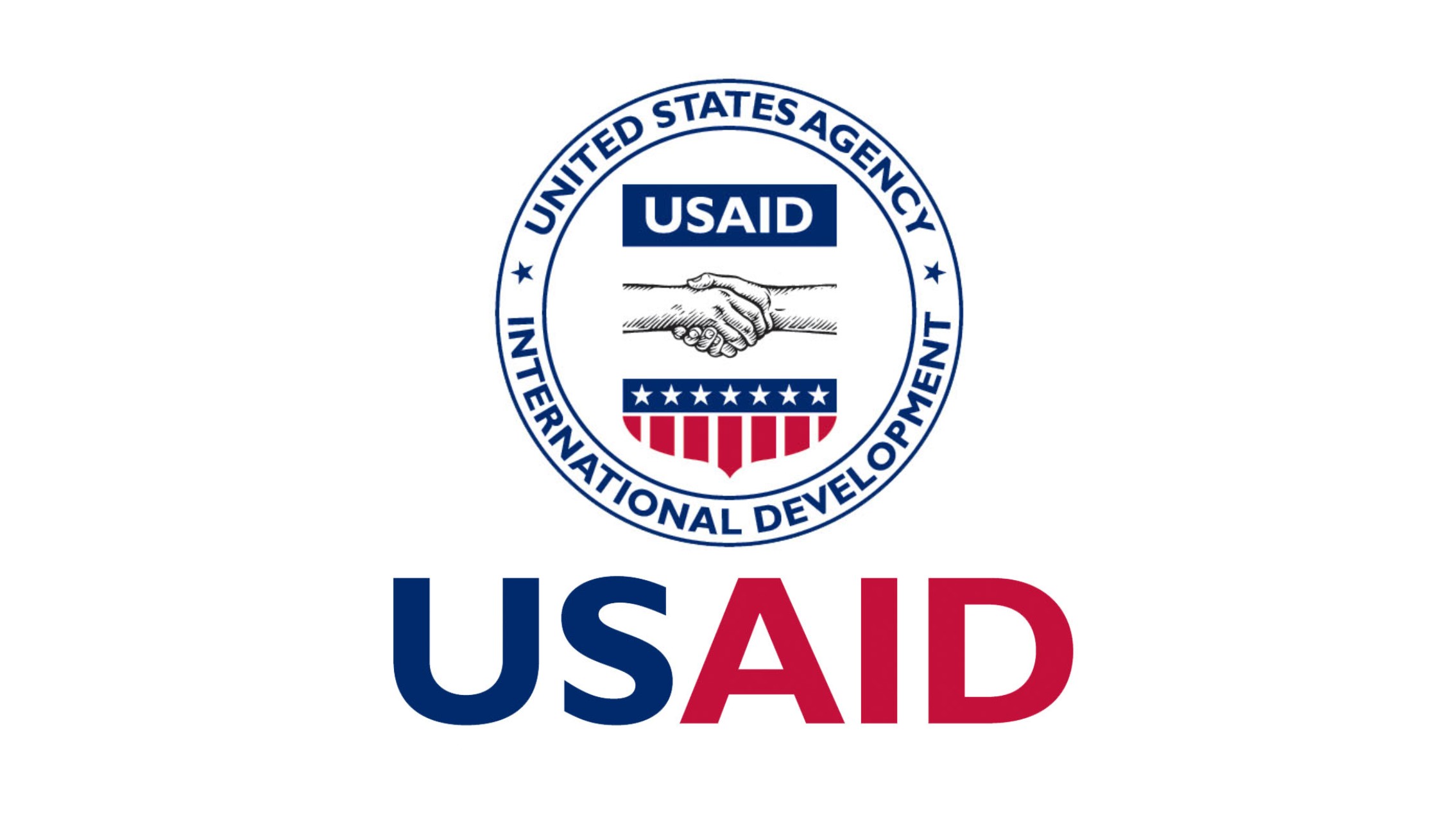Business
USAID Warns Nigeria, Africans Over Looming High Food Prices

Sequel to recent developments that has halted Ukraine’s food export, especially to African countries, the United States Agency for International Development (USAID), has warned Nigeria and other African countries to brace up for higher food prices.
A release from the agency through its Deputy Administrator for Policy and Programming, Isobel Coleman, obtained at the weekend, revealed that Russia’s decision to withdraw from the Black Sea Grain Initiative had already begun to trigger higher food prices around the world.
She noted that the impact of this food price hike would be more felt in developing countries of Africa, that were import-dependent, and had conventionally relied on grain imports from Ukraine.
“One of the world’s largest breadbaskets is Ukraine. By doing this, Russia is increasing food prices globally. We’ve already seen how global food prices came down over time after the Black Sea Grain Initiative came into place. Since Russia has pulled out of the agreement, food prices have again been on the rise.
“This affects every country around the world, but it affects, most acutely, large import-dependent developing countries that have to spend much of their precious foreign exchange resources to purchase food to feed their population”, USAID official maintained.
The Black Sea Grain Initiative was conceived to specifically allow for commercial food and fertiliser (including ammonia) exports from three key Ukrainian ports in the Black Sea, which are Odessa, Chornomorsk, Yuzhny/Pivdennyi.
The Russian invasion of Ukraine in February 2022, led to a complete halt of maritime grain shipments from Ukraine, previously a major exporter via the Black Sea.
Additionally, Russia temporarily halted its grain exports, further exacerbating the situation.
This resulted in a rise in world food prices and the threat of famine in lower-income countries such as Nigeria, and accusation that Russia was weaponising food supplies.
Discussions began on how to address the matter in April 2022, hosted by Turkey (which controls the maritime routes from the Black Sea) and supported by the UN. The resulting agreement was signed in Istanbul in July 22, valid for a period of 120 days.
However, on July 17, 2023, the deal expired, and Russia refused to renew it on the ground that global sanctions were blocking its agricultural exports.
Coleman stated that Russia’s withdrawal from the initiative which, in principle, prevented Ukraine from exporting grain to Nigeria and other developing countries, would have dire consequences of food security in these countries.
Through the initiative, she said, Ukraine was able to export 33 million metric tonnes of food, 65 per cent of which went to developing countries, while 20 per cent went to the least developed countries.
By: Corlins Walter
Business
NPA Assures On Staff Welfare
Business
ANLCA Chieftain Emerges FELCBA’s VP
Business
NSC, Police Boost Partnership On Port Enforcement
-

 News3 days ago
News3 days agoCourt Sentences Gospel Singer To Death For Killing Girlfriend In Nasarawa
-

 Featured3 days ago
Featured3 days agoTinubu Signs Four Tax Reform Bills Into Law …Says Nigeria Open For Business
-
Sports3 days ago
Olympic Day Sparks Nationwide Fitness Fever
-

 Nation3 days ago
Nation3 days agoOgoni Stakeholders Hail Zabbey’s Performance
-
Sports3 days ago
I Joined Saudi League To Win Titles – Senegal Keeper
-

 Featured3 days ago
Featured3 days agoSenate Issues 10-Day Ultimatum As NNPCL Dodges ?210trn Audit Hearing
-

 News3 days ago
News3 days agoWDD: Tinubu Seeks Global Action On Drug Abuse
-

 News3 days ago
News3 days agoShettima In Ethiopia For State Visit

